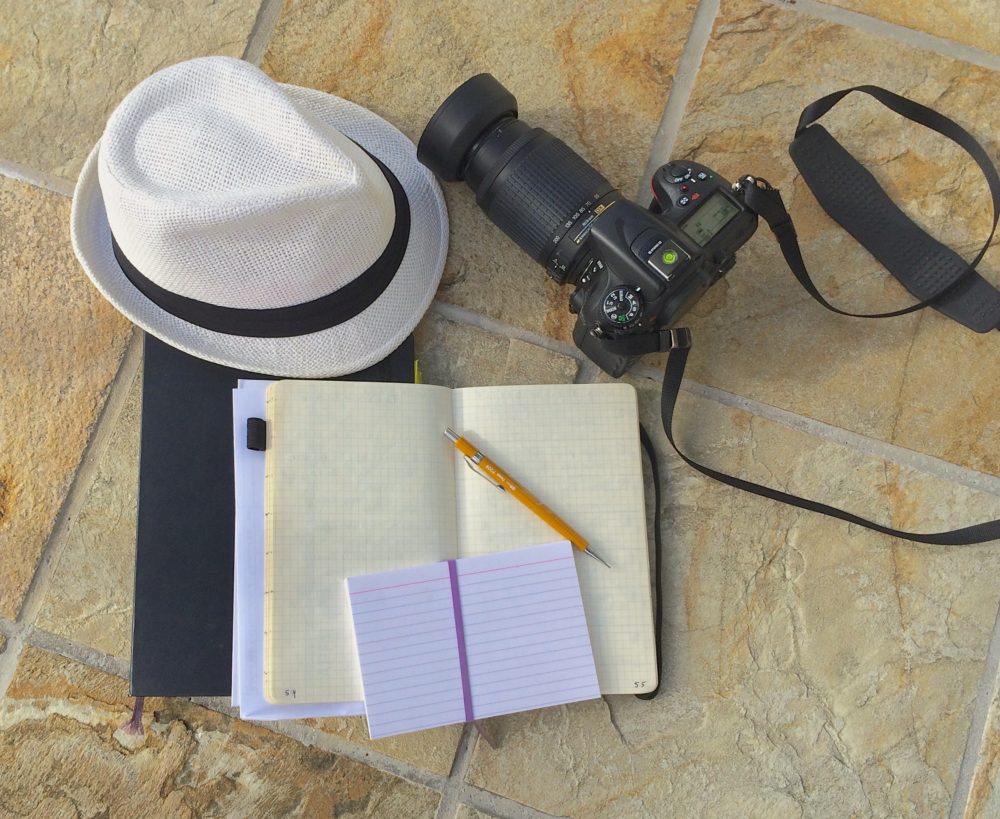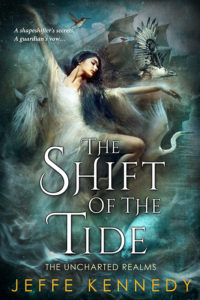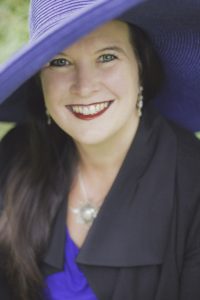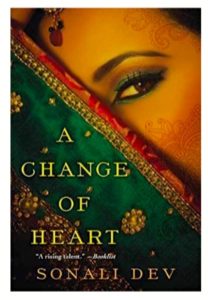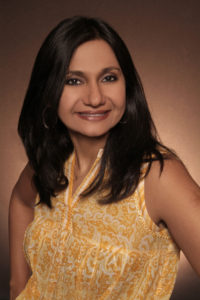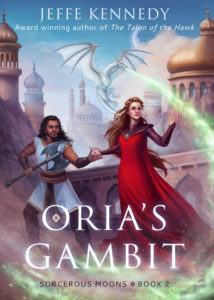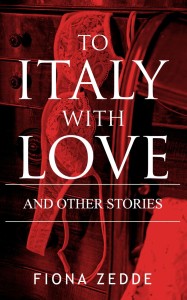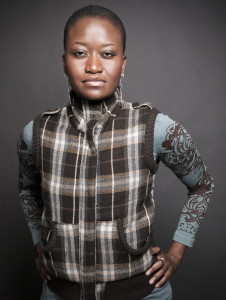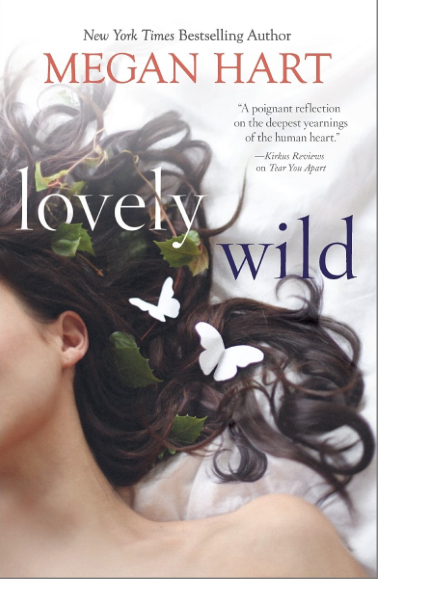The lovely Hannah Carmack is on the blog today answering some questions about her writing process. Her novel Seven Sided Spy, out now and available from NineStar Press and other e-book retailers is fresh, intriguing, and fun. If you are a fan of Spy vs Spy thrillers and Kathrine Dunn’s Geek Love, this book is for you.
Here are Hannah’s answers about her writing process.
- Where is your favorite place to write?
I hate to admit it, but I’m one of those people that basically owns and operates from their bedroom, so if I’m writing I’m likely at my sewing desk, or sitting on my bed.
- Do you write to music? Is there a playlist for Seven Sided Spy?
Yes! I feel like it’s becoming more and more popular to write/publish with music. I mean, Steve Almond did it, so why can’t we? The playlist I listened to while writing SEVEN-SIDED SPY was called KGB Pissbabies, which honestly could have been the name of the book, HA. But, I’ve also put out a new playlist to listen along with while you read. That can be found on my Spotify here
- How did you research the settings/time period for Seven Sided Spy?
I was fortunate in that I started writing this while in school. So my research process was going to my AP US History course for 45 minutes a day. On top of that there were case-by-case basis where I’d do a bit more digging, i.e. cars of the time period, music, weapons, so on and so forth. J
- If you could time travel what time period would you travel to?
Funny you should mention time travel. If you’ve read SEVEN-SIDED SPY, then you know future sight, backwards sight, it’s all a bit dangerous. If given the option, I’d probably stay right here and not risk fucking up the timeline by going to the past or ruining my ambition by traveling to the future.
- What is your favorite genre to read?
I love reading contemporary. I write a lot of “high-concept” genre stuff, but I do have a deep appreciation for a basic, down-to-earth real-world based story. They’re easy to read and tend to make me think.
- Pantser or plotter?
This is one of the questions you get a lot as a writer, and I cannot stress enough the benefits of being a plotter. Pantsing is fun for first drafts, but when you get down to the knitty-gritty, having an outline is IMMENSELY helpful in long-term planning.
Hannah Carmack enjoys volunteer work and spends most of her time working for the organization STEM Read, connecting reluctant readers and bookworms alike to the world of literature and science. Her debut novel Seven-Sided Spy will be hitting shelves this January with NineStar Press. You can find out about her other works at www.hannahcarmack.com
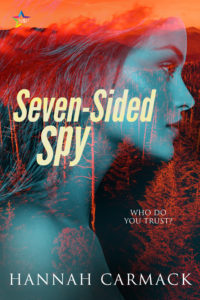 Teaser: In the midst of the cold war, the CIA’s finest and most fatal female agent, Diana Riley, vanishes. Kidnapped by the KGB and taken to the backcountry of North Carolina, she and her team of unsavory partners are forced to undergo illegal experimentation.
Teaser: In the midst of the cold war, the CIA’s finest and most fatal female agent, Diana Riley, vanishes. Kidnapped by the KGB and taken to the backcountry of North Carolina, she and her team of unsavory partners are forced to undergo illegal experimentation.
But, when the experiments leave them horribly deformed and unable to reenter society without someone crying monster, the previously glamorous and high-maintenance spies must escape KGB captivity and avoid recapture at the hands of Nikola, a ruthless KGB agent with an intense and well-justified grudge against her former flame.
Links:
Goodreads: https://www.goodreads.com/book/show/37562881-seven-sided-spy
Amazon: https://www.amazon.com/Hannah-Carmack/e/B078PYSSSG/ref=dp_byline_cont_ebooks_1
Nine Star Press: https://ninestarpress.com/product/seven-sided-spy/
